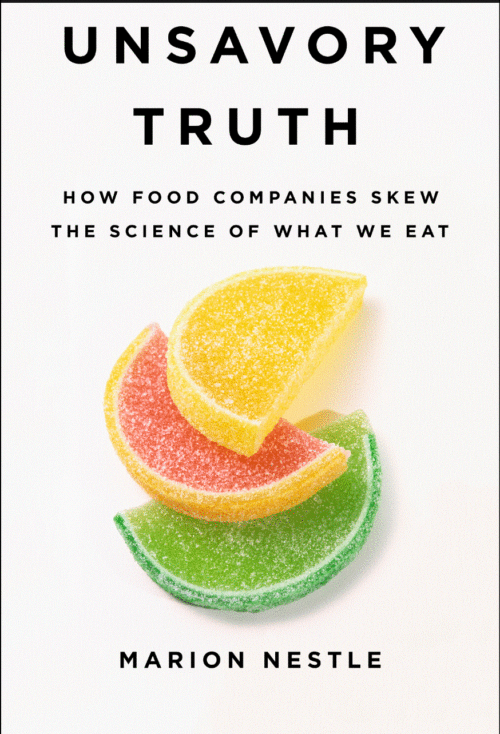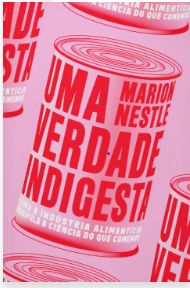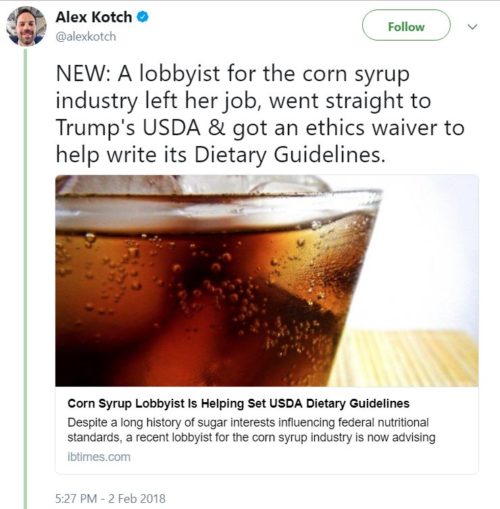Weekend reading: Nature Food
It’s pretty exciting when a major international science journal starts a satellite journal devoted to food issues. Welcome to Nature Food.

- Correspondence: Nutrition security is more than food security, John Ingram
- Comment: Planet-proofing the global food system Without a great food system transformation, the world will fail to deliver both on the United Nations Sustainable Development Goals and the Paris Climate Agreement. There are five grand challenges to be faced, by science and society, to effect that transformation. Johan Rockström et al.
- Comment: A national approach for transformation of the UK food system: Transformation of the food system at the national scale requires concerted action from government, business and civil society, based on sound evidence from the research community. A programme for transformation of the United Kingdom’s food system, for healthy people and a healthy environment, is described here. Riaz Bhunnoo & Guy M. Poppy.
- Comment: A future workforce of food-system analysts: A programme developed across five UK universities aims to equip graduate professionals with the skills, tools and capabilities to better understand and manage food-system complexity for food security, for the environment and for enterprise. John Ingram, et al.
- Q&A: Where there is political will, there is a way. Tom Arnold has a wealth of experience in humanitarian and development approaches to combatting hunger. In his roles in food and agriculture, including with Scaling Up Nutrition and Task Force Rural Africa, he advocates for policy consistency and supportive relationships between civil society, business and government. Anne Mullen.
- Books & Arts: On our bookshelf. Juliana Gil et al.
- Research Highlight: Fruit, nuts and seeds under environmental stress. Anne Mullen
- Research Highlight:Putting African swine fever on ice. Annisa Chand
- Research Highlight: Enhanced homestead food production. Juliana Gil
- Research Highlight: Engineering the microenvironment. Yufang Guo
- News & Views: Uncertainties in global crop modelling. A consistent global gridded multi-model assessment of wheat production under climate change points to large uncertainties arising from crop models, particularly in mid and high latitudes. Ann-Kristin Koehler
- News & Views: The changing nature of our food systems. The wealth of national food supply data, collected over decades by member states of the Food and Agriculture Organization, provides intriguing insights into regional transitions. Roseline Remans
- News & Views: Running AMOC in the farming economy. Climate tipping points, such as the collapse of the Atlantic Meridional Overturning Circulation (AMOC), could drive significant structural changes in agriculture, with profound consequences for global food security. Tim G. Benton
- News & Views: From stinkweed to oilseed. Up to now, creativity, ingenuity, time and more than a little luck have been essential for transforming a wild plant into a new food crop. Building on the understanding of gene function in Arabidopsis, the process of domestication can be rapidly accelerated. Anne B. Britt
- News & Views: Mind the (supply) gap. The gap between global supply and demand of omega-3 fatty acids is twice previous estimates. Opportunities to narrow that gap include increasing use of fishery by-products and reducing food waste. Brett D. Glencross
- Perspective: Nitrogen pollution policy beyond the farm. This Perspective builds on the concept of full-chain nitrogen use efficiency to propose policy interventions and criteria that target major actors in the agri-food chain. David R. Kanter et al.
- Perspective: The unmapped chemical complexity of our diet. Advances such as machine learning may enable the full biochemical spectrum of food to be studied systematically. Uncovering the ‘dark matter’ of nutrition could open new avenues for a greater understanding of the composition of what we eat and how it relates to health and disease. Albert-László Barabási et al.
- Review Article: Dietary and policy priorities to reduce the global crises of obesity and diabetes. Diet and policy approaches to curb obesity and type 2 diabetes can be contentious and confusing. This Review synthesises state-of-the-art and emerging evidence on diet and health, reflects on policy and reconciles the evolution of the discipline of nutritional science with changes in dietary advice. Dariush Mozaffarian
- Review Article: The nexus between international trade, food systems, malnutrition and climate change. Trade agreements can constrain or enable governments’ ability to implement food system-level actions aimed at improving nutrition and mitigating climate change. The technical and political aspects of trade agreements that interact with food systems are reviewed here, and the coherence between trade policy goals and public interest goals, such as nutrition and climate change, is discussed. Sharon Friel et al
- Brief Communication: Systems approach to quantify the global omega-3 fatty acid cycle. Omega-3 fatty acids are important for the human diet and for some aqua and animal feeds. This study reports a supply gap, and using quantitative systems analysis identifies targets for increasing efficiency in the global omega-3 cycle. Helen A. Hamilton et al.
- Article: Different uncertainty distribution between high and low latitudes in modelling warming impacts on whea. Global gridded crop models simulate the impact of climate change on crop yield, but uncertainty is difficult to quantify, which reduces their reliability. Xiong et al. explored how parameterization strategies can reduce uncertainty and identified greater uncertainty in future wheat yields grown at mid-to-high latitudes. Wei Xiong et al.
- Article: Multidimensional characterization of global food supply from 1961 to 2013. Food systems are increasingly globalized and interdependent. Using food supply data from over 170 countries, Bentham et al. characterize global patterns of food supply change over five decades, highlighting the decline in the supply of animal source food and sugar in many Western countries, the increase in the supply of such foods in Asian countries and remarkably little change in food supply in the sub-Saharan Africa region. James Bentham et al.
- Article: Shifts in national land use and food production in Great Britain after a climate tipping point. Collapse of the Atlantic Meridional Overturning Circulation (AMOC) will impact agricultural land use and its economic value in Great Britain. Ritchie et al. model the impacts of smooth (conventional climate change) and abrupt (tipping point change) AMOC collapse on land use, arable farming and related economic outputs in Britain, as well as the economic feasibility of technological adaptations such as widespread irrigation. Paul D. L. Ritchie et al.
- Article: Identification and stacking of crucial traits required for the domestication of pennycress. Thlaspi arvense (pennycress) has the potential to provide new sources of food and bioproducts when grown as a winter cover crop. Here, Chopra et al. demonstrate that multiple desirable traits can be stacked to rapidly domesticate pennycress. The resulting crop integrates into current crop rotations and produces seeds with improved nutritional qualities, easier harvesting and suitability for human consumption. Ratan Chopra et al
- Food for Thought: The Londoner’s meal. Globalization transforms societies, economies and cultures. As a subject, food allows us to draw unique narratives on these transformations . The history of pie and mash, also known as the ‘Londoner’s meal’, is such a story of globalization. Ronald Ranta




